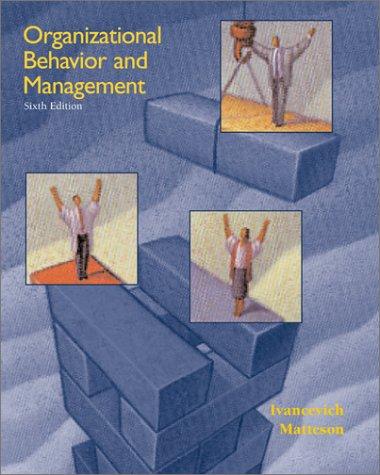Answered step by step
Verified Expert Solution
Question
1 Approved Answer
14:28 Fri 6 May 14:28 Fri 6 May Micromijaiiiiiii v x oo 00 PDF document Chapter 6 x Micro Final Micromijaiiiiiii x 88% Final Production






14:28 Fri 6 May Micromijaiiiiiii v x oo 00 PDF document Chapter 6 x Micro Final Micromijaiiiiiii x 88% Final Production Economics The marginal rate of technical substitution may be defined as all of the following except: a. the rate at which one input may be substituted for another input in the production process, while total output remains constant b. equal to the negative slope of the isoquant at any point on the isoquant c. the rate at which all combinations of inputs have equal total costs equal to the ratio of the marginal products of X and Y e. bandc The law of diminishing marginal returns: a. states that each and every increase in the amount of the variable factor employed in the production process will yield diminishing marginal returns b. is a mathematical theorem that can be logically proved or disproved is the rate at which one input may be substituted for another input in the production process d. none of the above Chapter 8 Prices, Output, and Strategy: Pure and Monopolistic Competition Which of the following statements is (are) true concerning a pure competition situation? a. Its demand curve is represented by a vertical line. b. Firms must sell at or below market price. c. Marginal revenue is equal to price. d. both b and c e. both a and b In pure competition: a. b. c. d. e. the optimal price-output solution occurs at the point where marginal revenue is equal to price a firm's demand curve is represented by a horizontal line a firm is a price-taker since the products of every producer are perfect substitutes for the products of every other producer a and b only a, b, and c In the short-run for a purely competitive market, a manufacturer will stop production when: a. b. c. d. e. the total revenue is less than total costs the contribution to fixed costs is zero or less the price is greater than AVC operating at a loss a and b
Step by Step Solution
There are 3 Steps involved in it
Step: 1

Get Instant Access to Expert-Tailored Solutions
See step-by-step solutions with expert insights and AI powered tools for academic success
Step: 2

Step: 3

Ace Your Homework with AI
Get the answers you need in no time with our AI-driven, step-by-step assistance
Get Started


